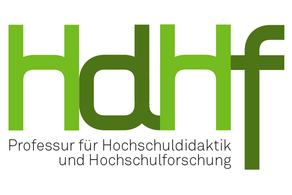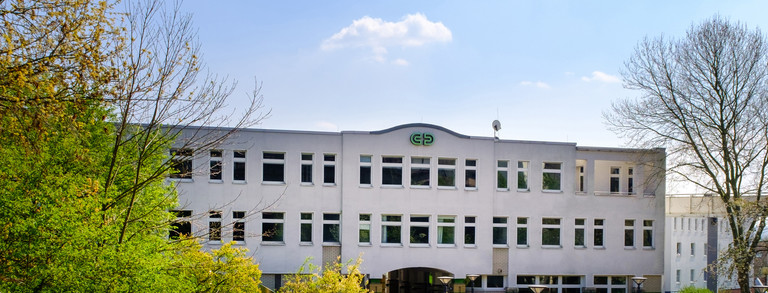Promoting Interdisciplinarity in German Universities
Jahrestagung der Society for Social Studies of Science (4S)
Panel 73: Interdisciplinarity and Universities
Boston, Massachusetts, USA
2. September 2017
Abstract
This paper focuses on fostering and implementing interdisciplinarity in German universities. How do national policies and funding arrangements promote the incorporation of interdisciplinary research in German universities? We conduct a multi-level study by analysing interdisciplinary policy and funding arrangements at the federal level in Germany and in the North Rhine-Westphalia (NRW) state. In addition, we map the interdisciplinary practices at the University of Duisburg-Essen university (UDE). Drawing on the neo-institutional theory, we expect that governmental funding and policies influence the commitment of universities to foster interdiscplinarity.
Based on document and website analysis, we find interdiscpilnarity to be advocated in policies and funding arrangements at the federal and state levels. At the state level, Ministry of Innovation, Science and Research of the State NRW developed a research strategy with a specific emphasis on interdisciplinarity to address grand societal challenges in different thematic priorities. These commitments to interdisciplinarity are also discernible at the university level and to some extent influenced by top-down initiatives. The latest Development Plan of UDE includes the consolidation of an interdisciplinary center for education research. Moreover, the university aims to pool its research competences of various disciplines to inter alia establish interdisciplinary research networks. Our paper contributes to STS research in understanding interdisciplinarity in its context – policies and mechanisms in Germany that promote interdisciplinary research and how it is taken up by universities as organizations.





